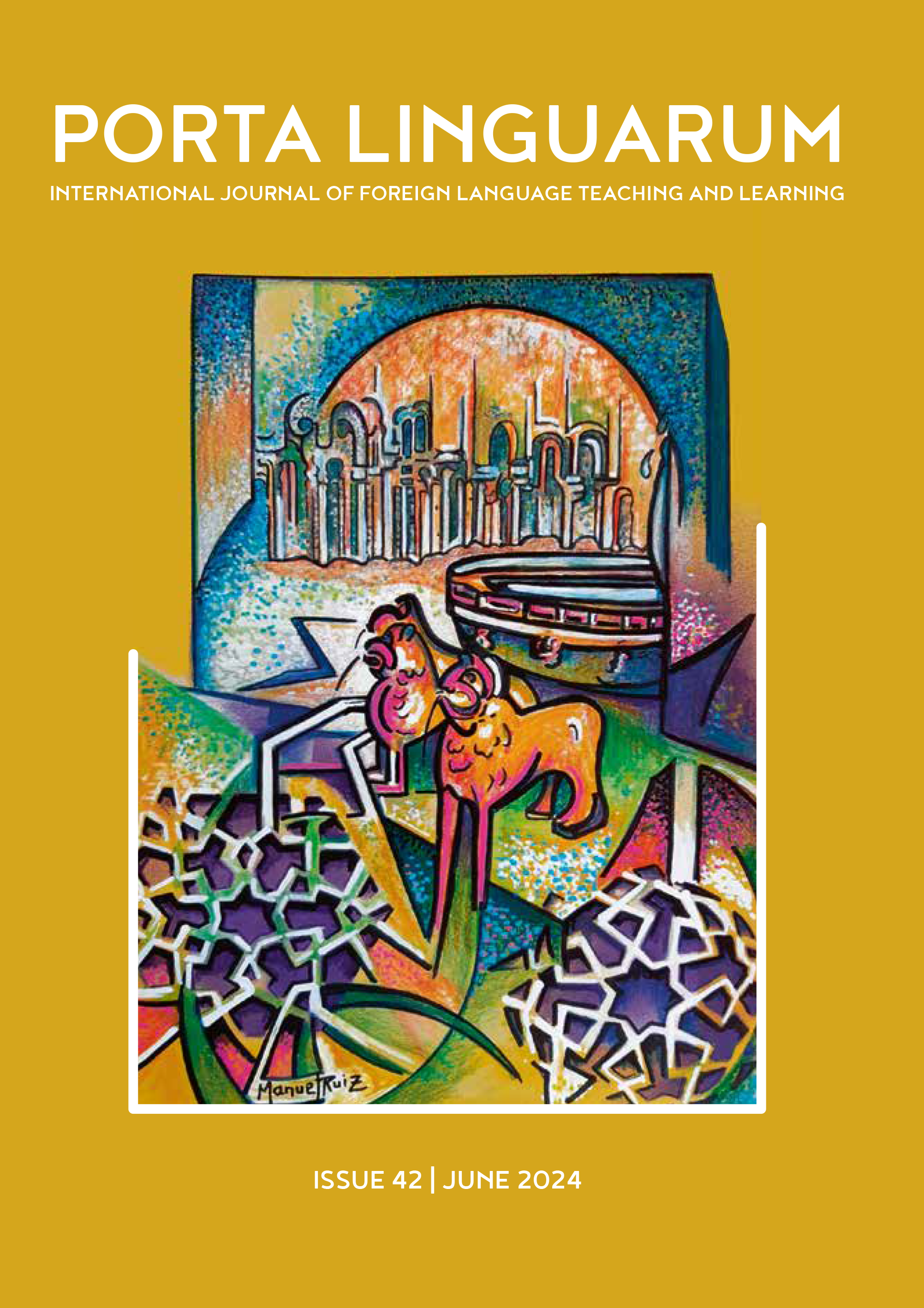Language teacher development in digital contexts. Kayi-Aydar, H., & Reinhardt, J. (Eds.). (2022). John Benjamins, 197 pages, ISBN: 978-90-272-1057-9
DOI:
https://doi.org/10.30827/portalin.vi42.27379Downloads
References
Estaji, M., & Ghiasvand, F. (2022). Teacher assessment identity in motion: the representations in e-portfolios of novice and experienced EFL teachers. Issues in Language Teaching, 11(2), 33-66. https://doi.org/10.22054/ilt.2022.70302.741
Frederick, D. (2017). Where does the time go? A perceived shortage of time in the digital age – the Data Deluge Column. Library Hi Tech News, 34, 1-7. https://doi.org/10.1108/LHTN-01-2017-0005.
Lyapina, I., Sotnikova, E., Lebedeva, O., Makarova, T., & Skvortsova, N. (2019). Smart technologies: perspectives of usage in higher education. International Journal of Educational Management, 33(3), 454-461. https://doi.org/10.1108/IJEM-08-2018-0257



















